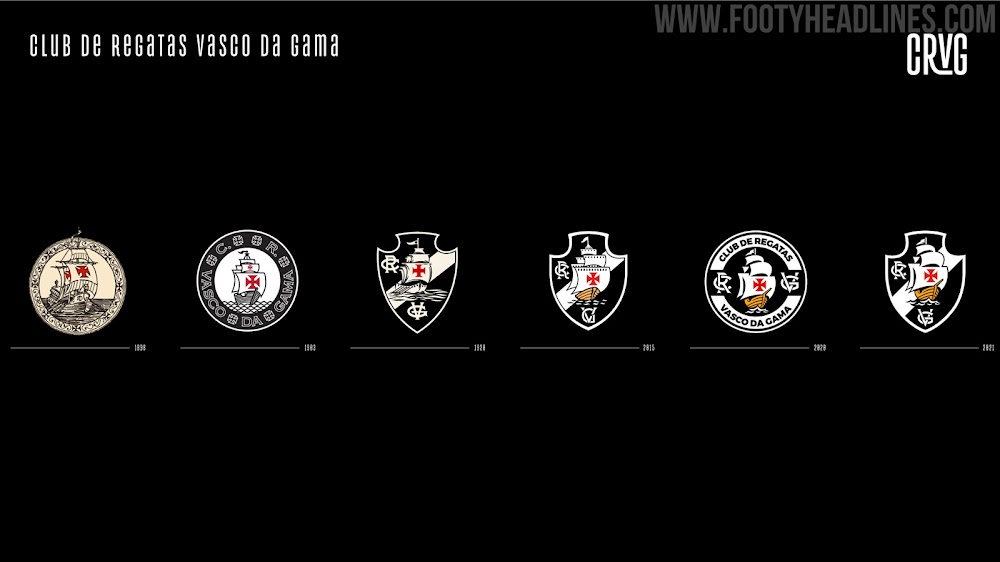

In the late 19th century rowing was the most important sport in Rio de Janeiro. 1.2.5 2000 FIFA Club World Championship.
 1.2.1 The Victory Express and the South American Club championship. The club is named after the Portuguese explorer Vasco da Gama. They play in black shirts with a white diagonal sash that contains a Cross pattée (famously, though mistakenly, identified as a Maltese cross), black shorts and black socks. Their home stadium is São Januário, with a capacity of 21,880, the third biggest in Rio de Janeiro (after Maracanã and Engenhão), but some matches (especially the city derbies) are played at the Maracanã (capacity of about 80,000). Its statute defines the club as a " sportive, recreative, educational, assistant and philanthropic non-profit organization of public utility". It is one of the most popular clubs in Brazil, with more than 20 million supporters. It was founded on Aug(although the football department started on November 5, 1915), by Portuguese immigrants, and it is still traditionally supported by the Portuguese community of Rio de Janeiro.
1.2.1 The Victory Express and the South American Club championship. The club is named after the Portuguese explorer Vasco da Gama. They play in black shirts with a white diagonal sash that contains a Cross pattée (famously, though mistakenly, identified as a Maltese cross), black shorts and black socks. Their home stadium is São Januário, with a capacity of 21,880, the third biggest in Rio de Janeiro (after Maracanã and Engenhão), but some matches (especially the city derbies) are played at the Maracanã (capacity of about 80,000). Its statute defines the club as a " sportive, recreative, educational, assistant and philanthropic non-profit organization of public utility". It is one of the most popular clubs in Brazil, with more than 20 million supporters. It was founded on Aug(although the football department started on November 5, 1915), by Portuguese immigrants, and it is still traditionally supported by the Portuguese community of Rio de Janeiro. 
Club de Regatas Vasco da Gama ( Portuguese pronunciation:, Vasco da Gama Rowing Club), usually known as Vasco da Gama, is a famous and traditional Brazilian multisports club from Rio de Janeiro, Brazil.







 0 kommentar(er)
0 kommentar(er)
